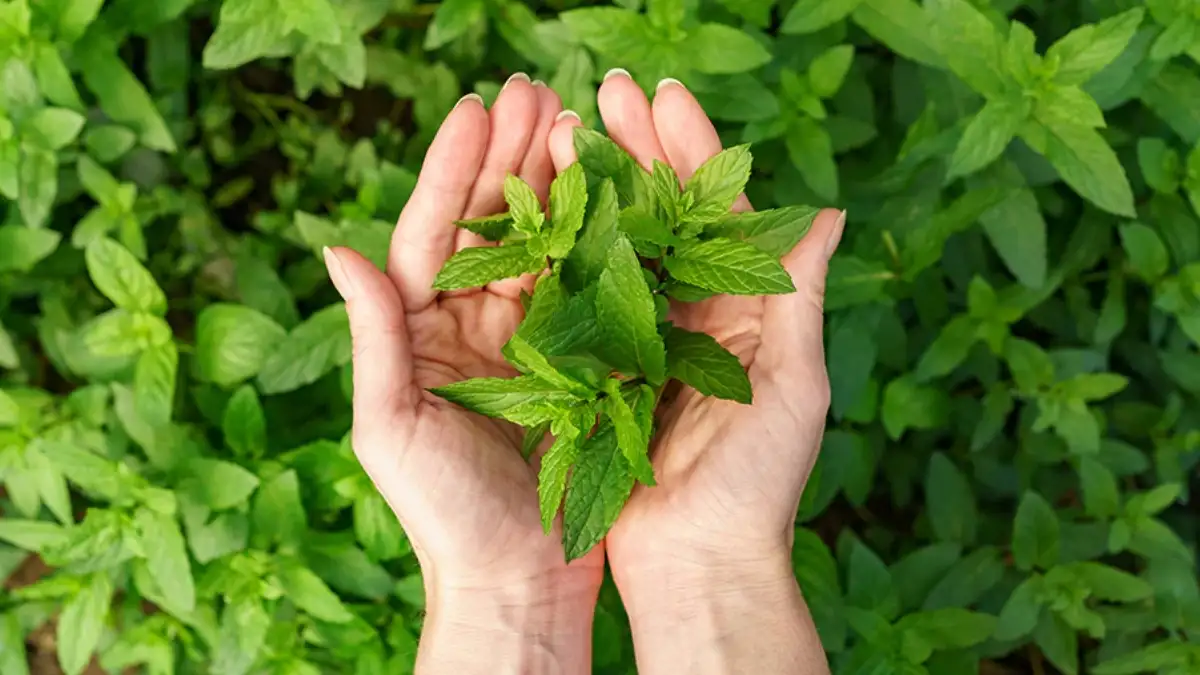
 Consumption of basil leaves helps in curing health problems
Consumption of basil leaves helps in curing health problems
Tulsi, full of medicinal properties, has great importance in Ayurveda. Tulsi is very beneficial for health along with worship. It contains antioxidants such as vitamin A, vitamin K, iron, manganese and calcium, along with beta-cryptoxanthin, zeaxanthin, lutein and beta-carotene, which are beneficial for health. In such a situation, let us know what are the benefits of consuming Tulsi and when we should eat it.
Consumption of Tulsi is beneficial for THESE problems:
- Improves digestion: Basil contains eugenol. This chemical compound has anti-inflammatory properties that help keep the digestive system healthy. Basil is good for the digestive and nervous systems and helps improve your digestion and maintain the proper pH balance in the body.
- Beneficial for diabetes: If you have diabetes, be sure to include basil in your diet. It slows down the process of sugar secretion in the blood and helps in the treatment of diabetes.
- Eliminates Depression: Tulsi contains an anti-stress substance called adaptogen. Research shows it helps combat anxiety and depression, and boost neurotransmitters that regulate energy and happiness-producing hormones. So drink a warm cup of tea with Tulsi and sage and see the difference.
- Good for the liver: Tulsi detoxifies your liver and plays an important role in preventing the accumulation of fat in your liver. It removes toxins from the blood and purifies it.
- Beneficial for the skin: Consuming basil leaves improves skin texture. The leaves are effective in getting rid of bad breath. Consuming basil reduces stress. Also, drinking basil decoction relieves the problem of colds and coughs.
How much and the right time to consume Tulsi?
Chew 3-4 basil leaves every morning on an empty stomach. Soak some basil leaves in a glass of water overnight. Drink this water in the morning on an empty stomach. Place 4-5 basil leaves in a cup of water and heat for at least 1 minute. Now filter it in a cup and consume it by adding a little honey.
READ ALSO: Drink less water in winter? Be aware of THESE 5 symptoms that indicate a lack of water in the body
Leave a Reply